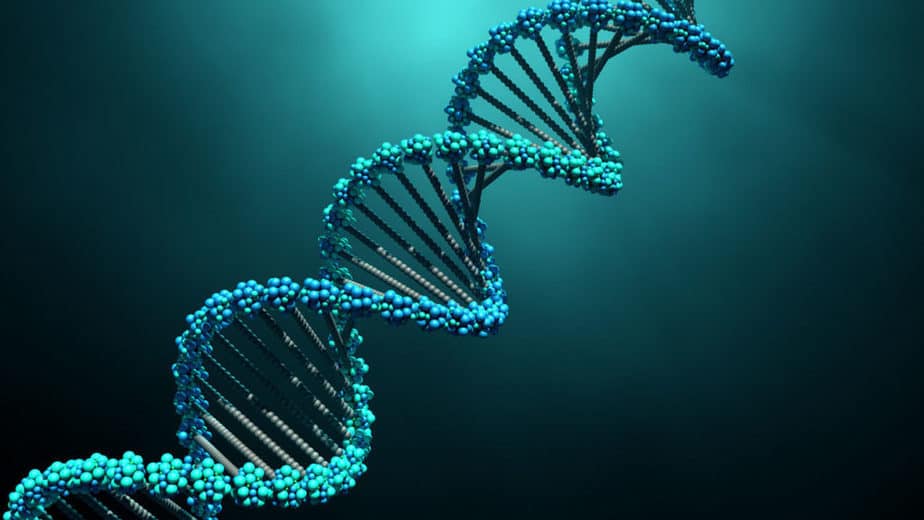The discovery of a genetic variant that is relatively common among people of Polynesian ancestry but incredibly rare in most other populations is providing hints to the genetic underpinnings of high cholesterol in all people, according to new research led by geneticists at the University of Pittsburgh School of Public Health in collaboration with several other organisations, including the University of Otago and the Samoan health research community.
The unexpected finding, which was just released this week in the journal Human Genetics and Genomics Advances, emphasises the need of ensuring diversity in genetic databases.
“We might have completely missed this discovery if we had just been looking in populations with European heritage,” said the study’s primary author, Jenna Carlson, PhD, an assistant professor of human genetics and biostatistics at Pitt Public Health. We were able to uncover this mutation thanks to the kindness of thousands of Polynesians, and it’s a smoking gun that will inspire further investigation into the biology of cholesterol.
The World Health Organization estimates that high cholesterol causes 2.6 million deaths yearly worldwide, is a major contribution to disease burden in countries of all income levels, and is a risk factor for heart disease and stroke.
Carlson and her team constructed their study to examine a signal that showed up in a thorough genome-wide search for genes associated with lipids or fats in the body. A chromosome 5 gene variation was thought to be related to cholesterol. The scientists set out to “fine map” the region using the genetic data from 2,851 Samoan individuals who participated in the Obesity, Lifestyle, and Genetic Adaptations (OLAGA) Study Group and who also submitted health information, including lipid panels. 3,276 more Polynesians from Samoa, American Samoa, and Aotearoa New Zealand were discovered to have the variation and cholesterol connection. This was carried out to validate the initial discovery.
“We don’t know a lot about this variant,” Carlson said. “It’s virtually nonexistent in European ancestry populations, has a very low frequency in South Asians, and isn’t even particularly common in eastern Polynesian people, such as Maori living in Aotearoa New Zealand. Published genome references, which overrepresent European ancestry individuals.” “We didn’t realise this gene was significant for cholesterol before, but the way it’s connected to lipid panels in Samoan people tells us as much. We may one day find new approaches to assist everyone in maintaining healthy cholesterol levels by further investigating BTNL9.”

